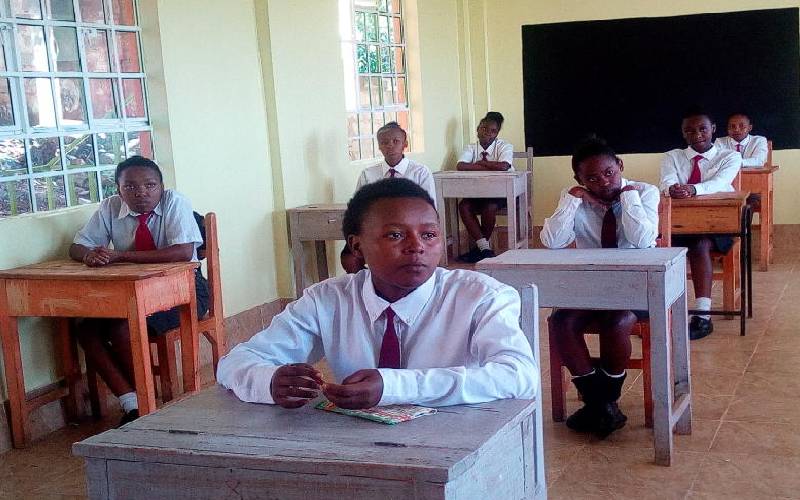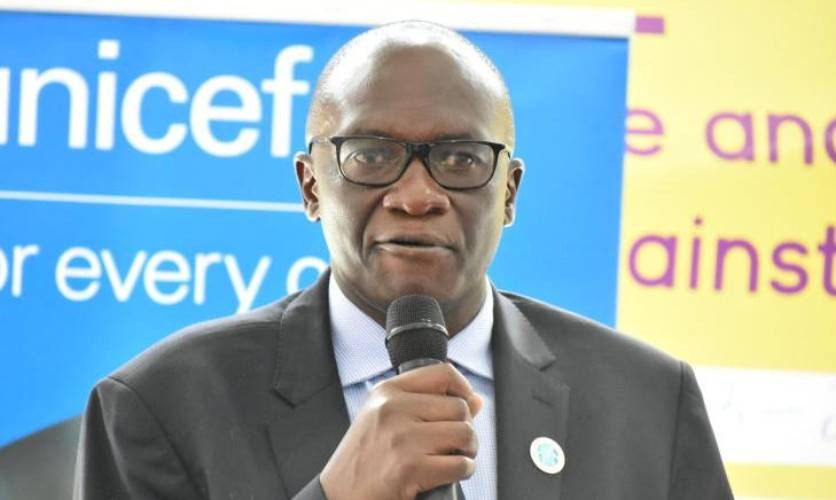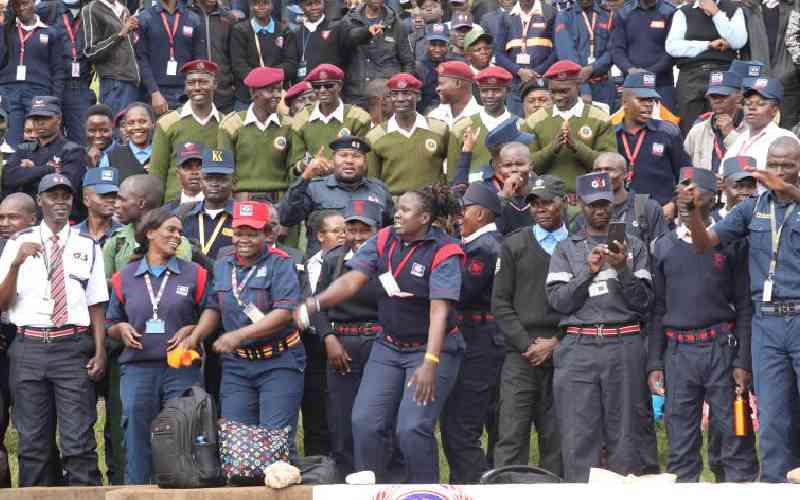
The government's decision to suspend the entire education calendar was well-intentioned given the prevailing national pandemic.
But are there other alternatives that should be explored to ensure the academic calendar is not lost?
The decision to suspend the KCPE and KCSE examinations has a spillover effect that other classes may not transition to the next grade due to constrains of human, financial and infrastructural resources.
Therefore, we could have explored the possibility of getting Standard 8 and Form Four students to continue learning and complete their academic year.
The initial plan to recall the candidates should have been executed after taking health advisories into consideration. These include preparations of social distancing and physical restrictions in schools and testing teachers for Covid-19.
The candidates would have prepared to sit their exams in early or mid-2021.
We should have recalled the candidates to draw lessons on how to handle the other classes come January 2021 rather than plan to lose a whole academic year.
We must take risks. The way we have allowed 100 worshippers into houses of worship is the same way we should allow the students to continue with learning and sit their exams.
We should have used July and August to plan and invest in the physical infrastructure, and human and health resources necessary to allow the candidates to resume schooling in September.
Covid-19 is a pandemic, thus our response must be cognizant of the possibility that the rates and patterns of infection and deaths will be with us even after January next year.
Travel restrictions
The government's decision to lift travel restrictions in and out of Nairobi, Mombasa and Mandera was in consideration of this reality. It was also done with the risk that it could be counter-productive.
It is worse when no risk is taken and therefore no plan is put in place. If the rates of infection go down significantly in December, we will have no lessons to learn from as no plans will have been made.
What would then happen to the rest of the classes in order to catch up with the lost instructional time? On July 7, Education Cabinet Secretary George Magoha promised to ensure that learners would be fully engaged.
Stay informed. Subscribe to our newsletter
In his words, "The Ministry of Education will enhance remote learning through online, distance and e-learning and explore innovative approaches to promote equity."
If these avenues are explored and exploited, learning would still be going on for the rest of the classes and grades, and children can be allowed to transition to the next grade next year.
Research on students repeating grades has shown that there are a number of negative effects. Evidence shows that repeating a year is one of the few educational interventions that harm a student academically. Those who repeat a year can become unmotivated, have low self-esteem, miss school and complete homework less often.
When learning resumes, teachers should administer diagnostic tests to ascertain learning needs. They can then develop individualised plans that include instructions in small groups to cover for the lost time.
Let our children transition and allow teachers to innovate to cover for the lost instructional time through non-commercialised early morning and holiday tuition. We can also cover the backlog across the years as the children progress.
How is the rest of the world handling the issue? In the US, Illinois Governor Jay Pritzker and the State's education officials have said students should be promoted to the next grade despite the unprecedented disruption to the school year.
Florida Governor Ron DeSantis has given parents the option of holding their children back a year because of the pandemic. For Chicago Teachers Union President Jesse Sharkey, their research does not back up a decision to keep students from moving up to the next grade.
Intensive tuition
Currently, the better option is to conduct intensive tuition for small groups in the neighbourhood. This should be carried out within the ‘Nyumba Kumi’ initiative.
The community can organise for students to be tutored by qualified teachers before or after the normal school day.
We can also concentrate on imparting essential life skills like cooking, table manners, washing utensils and clothes, and cleaning the house.
Agriculture still remains the backbone of the economy hence our children should acquire an interest and appreciate it.
Even with limited access to the internet and television, the State can make plans to ensure each pupil plants trees in rural areas or spices in urban areas and follow up on growth and provide progress reports.
Teachers can provide guidance on learning and give assignments. Authentic assessment can also be embraced where the children write their daily reflections in a journal that teachers can use in January to assess the learning outcomes.
The writer is Dean School of Education, Mount Kenya University
 The Standard Group Plc is a
multi-media organization with investments in media platforms spanning newspaper
print operations, television, radio broadcasting, digital and online services. The
Standard Group is recognized as a leading multi-media house in Kenya with a key
influence in matters of national and international interest.
The Standard Group Plc is a
multi-media organization with investments in media platforms spanning newspaper
print operations, television, radio broadcasting, digital and online services. The
Standard Group is recognized as a leading multi-media house in Kenya with a key
influence in matters of national and international interest.
 The Standard Group Plc is a
multi-media organization with investments in media platforms spanning newspaper
print operations, television, radio broadcasting, digital and online services. The
Standard Group is recognized as a leading multi-media house in Kenya with a key
influence in matters of national and international interest.
The Standard Group Plc is a
multi-media organization with investments in media platforms spanning newspaper
print operations, television, radio broadcasting, digital and online services. The
Standard Group is recognized as a leading multi-media house in Kenya with a key
influence in matters of national and international interest.









